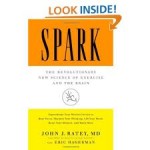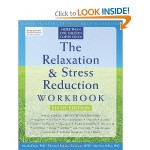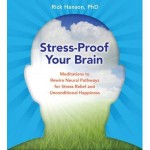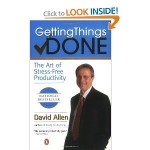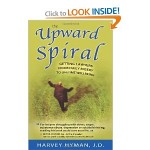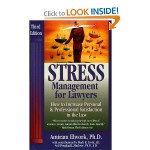“What can I do to help my depression?”
Well, there are many things you go do, really: therapy, medication, etcetera, etcetera.
But one idea you might not have given much thought to: join a depression support group. There are many benefits. I have belonged to one for the past seven years. Here are some of my thoughts about why it’s good for you and how to find one.
Why It’s Good For You
One of the worst aspects of depression is the loneliness that sufferers endure. There are several reasons why this is so: they don’t feel up to being with other people, others simply don’t understand, or they feel a sense of shame and hide. While it may be a good idea to take “timeout” from others to enjoy some peace or not share with others that we have strong reason to believe won’t understand, these strategies are often maladaptive and only serve to maintain and/or fuel one’s depression. Here is a bit of hard-won wisdom I’ve learned: when I feel the worst is when I most need to be with other people and share.
Being with others is even more critical when you’re in pain. You need to communicate your distress and know that your “tribe” will listen and care. When this doesn’t happen, you feel alone, distressed and even abandoned. You wander in the wilderness of pain by yourself and endure it as best you can. But don’t you deserve better than that?
Having a place to admit and share your story
Andrew Solomon, author of the best-selling book The Noonday Demon: An Atlas of Depression, writes:
Depression is a disease of loneliness. Many untreated depressives lack friends because it saps the vitality that friendship requires and immures its victims in an impenetrable sheath, making it hard for them to speak or hear words of comfort. Worldly success does little to assuage that agony, as Robin Williams’ suicide makes clear. Love, both expressed and received, is helpful, not because it ameliorates the symptoms of depression (it does not), but because it gives people evidence that life may be worth living if they can only get better. It gives them a place to admit to their illness, and admitting it is the first step toward resolving it.
Besides the psychological salve that support can bring to the wounds of your loneliness, there are important physiological reasons for being part of a support group.
Positive experiences can also be used to soothe, balance, and even replace negative ones. When two things are held in the mind at the same time, they start to connect with each other. That’s one reason why talking about hard feelings with someone who’s supportive can be so healing: painful feelings and memories get infused with the comfort, encouragement, and closeness you experience with the other person. (Buddha’s Brain: The Practical Neuroscience of Happiness, Love & Wisdom, Rick Hanson, Ph.D. with Richard Mendius, M.D.)
I’ve talked to hundreds of folks about depression over the years and often found that a good chunk are resistant to joining a support group. They feel tired and unmotivated to do so or feel hopeless that anything, even this, will help their depression. They have to meet this resistance and push forward because as depression expert Richard O’Connor, Ph.D. once told me, “Depression isn’t your fault. But it is your responsibility to get better.” And a support group, together with treatment, is one of the best ways for you to take responsibility for getting and staying better.
Small steps are best. Before going to a group, get in touch with the contact person for the group and speak with them by phone, or, better yet, meet them for coffee to see if the group would be a good fit for you.
How to Find a Support Group
It isn’t as hard to find a support group as you may think. Here’s my list:
The Depression & Bipolar Support Alliance
The National Alliance for the Mental Ill
Anxiety and Depression Association of America
If you are a lawyer, check in with your local and/or state ABA’s Lawyers Assistance Program.
If there isn’t a support group in your community, my next blog will address how to create one.






